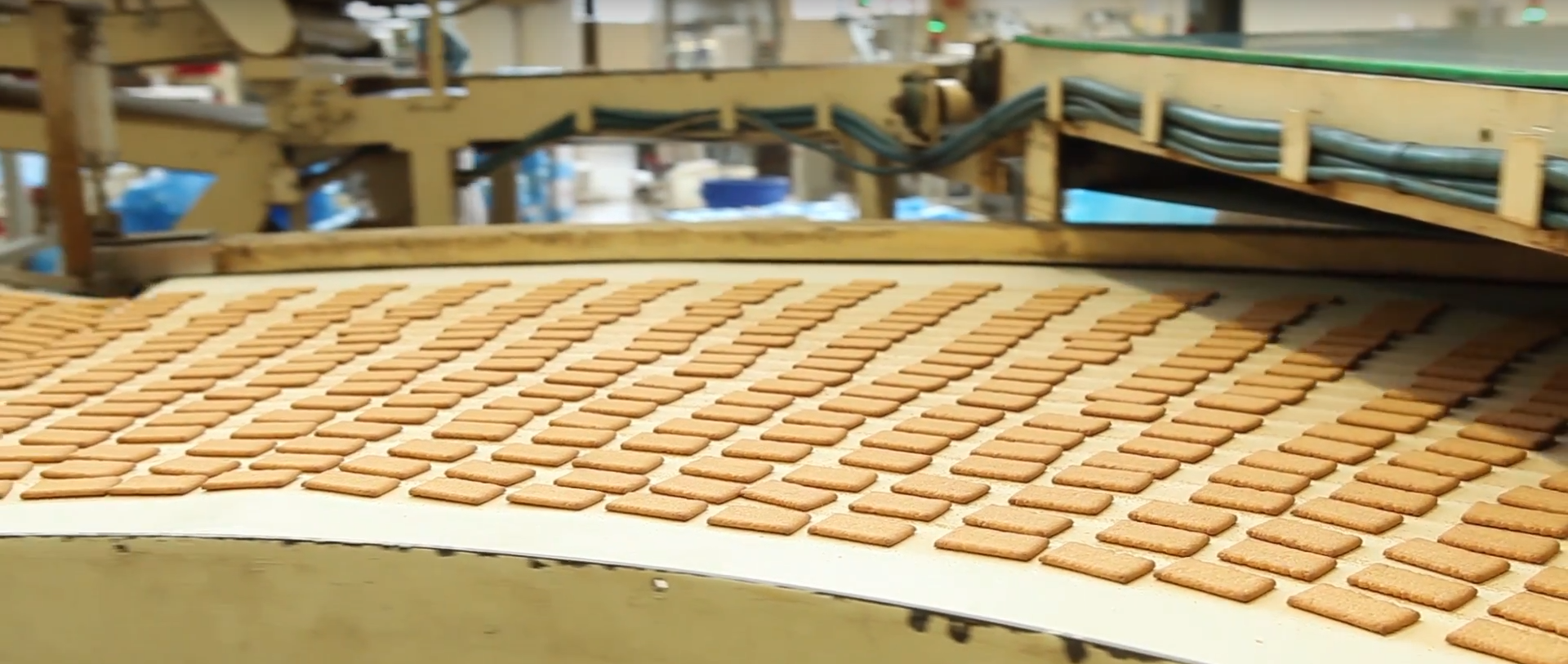The Use of Technology in The Food Industry to Achieve Net Zero

By now, we’ve all likely heard of companies across pretty much every sector making efforts to reduce their carbon footprint and be more environmentally friendly, and the food industry is no different.
In fact, many food companies and manufacturers are enlisting the help of technology and AI to help them work towards the goal of achieving net zero. But how exactly are they doing this? And how realistic is achieving net zero for the majority of companies? We’ll dive into the facts.
Automation Is On The Rise
Lots of processes that were once fully manual have been subject to more efficient automation processes over the years, and this trend is showing no signs of slowing down. Think upgraded manufacturing machinery, dark warehouses, and an ever-increasing use of robotics to name a few.
In fact, some say it’s possible to cut energy consumption by up to 80% and build a net zero food factory using the latest automation technologies [Food Manufacture].
Renewable Energy Could Be Key
While the benefits of renewable energy are widely acknowledged such as cost savings and being better for the environment, it’s also a great way for companies in the food industry to work towards achieving net zero, or at least vastly improve sustainability, particularly in their supply chain.
Biofuel
If you’ve recently seen a McDonald’s lorry out and about, you may be familiar with their claim that they recycle used cooking oil into biodiesel. This is a fantastic way to work towards achieving net zero; in fact, McDonald’s states the following:
‘Through the Biodiesel initiative we have saved 99 per cent of CO2 emissions since the partnership was launched compared to driving with normal petro-diesel and our trucks have covered over 20,000,000 km on 100 per cent biodiesel, saving more than 16,700 tonnes of carbon dioxide in the process.’
Electric Vehicles
As electric vehicles grow in popularity, companies have started using them more and more to transport goods across their supply chain.
There are so many benefits to companies using electric vehicles including no emissions from fuel and they’re cheaper to run, meaning more money for other sustainable efforts that will help towards achieving net zero.
In fact, one electric car on the roads can save an average 1.5 million grams of CO2. If that’s just for one car, imagine the difference it can make for a business with many more vehicles!
The Use Of Farming Technology
According to AFN, if only renewable energy is used to produce cell-cultured meat, these products would have a carbon footprint 17% lower than conventionally reared chicken meat, 52% lower than pork, and up to 92% lower than beef.
The use of farming technology is evidently key to supporting companies who are looking to achieve net zero.
Is Achieving Net Zero Realistic?
Whether or not achieving net zero is realistic for the food industry is highly debated. Net Zero Climate state ‘to ‘go net zero’ is to reduce greenhouse gas emissions and/or to ensure that any ongoing emissions are balanced by removals.’ Of course, there is a long way to go in regards to achieving this industry-wide, however with the right knowledge and resources, we see no reason why this can’t become possible.
If you’d like to find out more about the role Chiorino plays in the food industry, contact us today.
